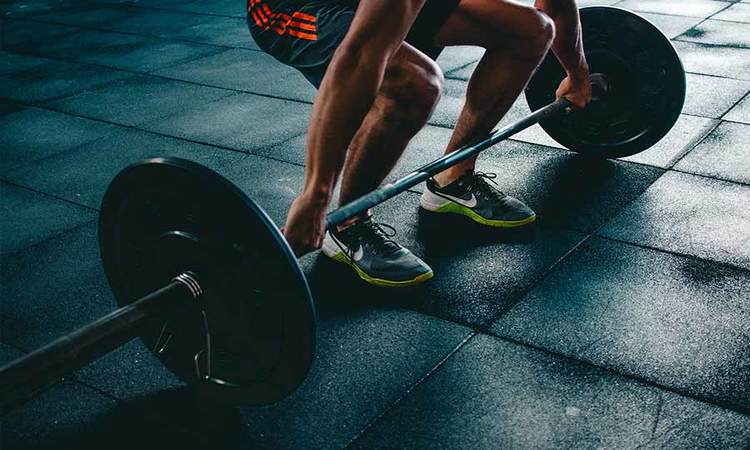
Hobbies Can Help Your Recovery
You deserve a commendation. Recovery starts with a single decision. A single choice to admit a problem. A single recognition that something wasn’t right. And then a single determination to address it. That one single decision set you on a new path. Regardless of how long you’ve been in recovery, take stock and reflect on your positive choices. In certain behavioral therapy, you may have learned that rumination was unhealthy. That can be true, depending on the content and purpose of your rumination. In this instance, make a point to revisit the good choices you’ve made. Doing so will motivate you to continue that trend.
Keeping A Schedule
As addicts, we lived without order. We ate and slept irregularly (if at all). Hence, we need regularity and routine. No matter how intensive your treatment program, you had a schedule. Both inpatient and outpatient programs have designated activities at specific times. Rather than dictating your life, schedules like these help you know what to expect. Order provides room for nourishment, both physical and otherwise. When you live with a specified routine, you make room in your life for creative outlets and hobbies. Keeping yourself occupied isn’t the main point. Hobbies allow you to express parts of yourself that the rest of your life doesn’t.
Control And Agency
Whatever your living situation, routine is still essential in your post-treatment life. A consistent schedule separates your obligations (stuff you have to do) from your extracurriculars (stuff you get to do). If you know you’re going to be at work or school, you can hone all your focus onto it. If you know you’re going to be engaging in a hobby, you’ll look forward to it. You’ll be passionate about that time. You’ll want to defend and protect it. When you’re involved in a hobby, nobody speaks for your time except for you. That gives you a sense of control over your time. You might call this feeling, “agency. ” It means that you can bring about meaningful changes in your present, and hobbies can help your recovery in this way.
What Kind of Hobby?
Exercise might be the most obvious example. Strength training has helped heal heroin addicts. Running may also benefit. Thrill-seekers or fans of more extreme athletics might try David Goggins’ 4x4x48 Challenge. Those wanting to test their mettle against the cold could look into The Wim Hof Method. But physical exertion isn’t the only option. Writing fiction, like novels or short stories, can prove cathartic. As can poetry. For those that enjoy food, take a cooking class and try some recipes at home. If you’re musically inclined, shop around for a shop that sells used instruments. Chances are, there’s an affordable way to record your music too. With books readily available, you might check out Audible or Kindle. If you’d like to learn a new skill, sign up for a platform like Skillshare or Coursera. Perhaps you really have no idea where to start. Give Life Hack’s list of inexpensive hobbies a read.
If you’d like more resources on hobbies during recovery, call Harmony Healing Center now at (888) 978-1697.
